Overseas names adding to FDI allure
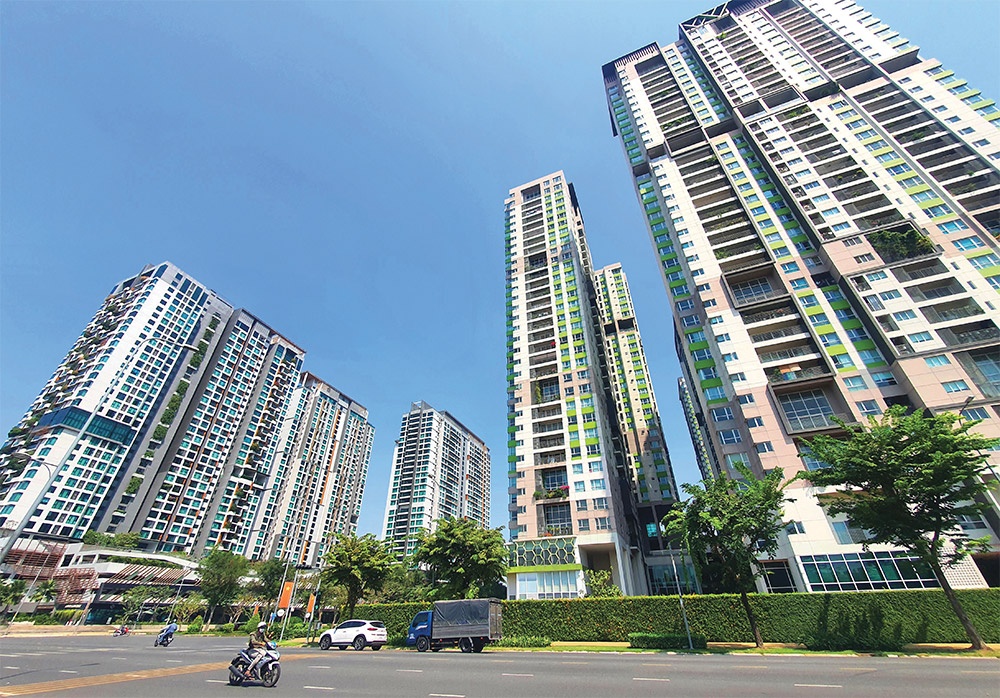 |
| Overseas names adding to FDI allure |
Developer Joyoung Universal Group, which has more than 50 real estate projects in Taiwan, was the latest foreign backer to come into the Vietnamese real estate market with a strategic shareholding contract with domestic Tin Hung Investment in January 15.
As a shareholder, the Taiwanese corporation will invest financial resources in Tin Hung Investment and advise on business activities. The two sides aim to expand business activities, including distribution and development of high-end real estate projects.
In the last days of 2023, SkyWorld Development, a Malaysian real estate giant, announced it would build apartments in Ho Chi Minh City through a subsidiary.
SkyWorld Vietnam spent $14.6 million to buy all shares of Thuan Thanh Real Estate Trading and Production to implement a 24-storey project in District 8.
SkyWorld founder Ng Thien Phing said that this was the group’s first joint venture abroad. “We have chosen to start our abroad development with a project in Vietnam, which means this country is our top priority for investing,” Phing said.
Meanwhile, last November, the People’s Committee of Binh Duong province allowed Becamex IDC to transfer Binh Duong Urban Service-Industrial area, located in Thu Dau Mot city, to CapitaLand unit Sycamore Co., Ltd. at a value of more than $242 million. The project includes 462 low-rise villas and about 3,300 apartments covering 600,000 square metres.
Also in November, CapitaLand announced Lumi Hanoi, which will have a projected total gross development value of about $760 million and is expected to start construction in early 2024, with 4,000 luxury apartments.
Heavy real estate interest
According to the Foreign Investment Agency under the Ministry of Planning and Investment, as of December 20, the total registered foreign capital in Vietnam reached nearly $36.6 billion, an increase of 32 per cent compared with the same period last year.
Real estate business ranked second in terms of industry with nearly $4.67 billion, accounting for more than 12.7 per cent of total registered capital, an increase of 4.8 per cent.
There are currently nearly 50 countries and territories putting money into Vietnam’s real estate sector, with countries such as Singapore, South Korea, and Japan leading the way.
Besides this, there are up to 45 provinces and cities in Vietnam attracting foreign investment into the real estate sector, of which Ho Chi Minh City leads with a total registered capital of over $16 billion, followed by Hanoi, Binh Duong, and Ba Ria-Vung Tau.
In 2023, the real estate market in Vietnam witnessed a series of merger and acquisition deals from foreign investors already in Vietnam, such as CapitaLand and Keppel Land from Singapore, Daiwa House, Nomura, and Sumitomo from Japan, and Malaysian groups Gamuda Land and SkyWorld.
According to Cushman & Wakefield Vietnam, in terms of transaction deals in 2023, foreign financiers still accounted for the majority of transactions, purchasing, and other activities in real estate.
Head of Capital Markets Stephen Higgins said, “With the global economic context changing, an emerging country like Vietnam has become a potential market to draw in investment. But most importantly, the attractive rate of return in an emerging market like Vietnam is an important factor in foreign investors’ decisions.”
Belief in foreign activities
Faced with the increase in foreign capital inflows, VNDirect experts believe that the main reason leading to the positive change in inflows in recent months is that foreign businesses are anticipating recovery demand in developing countries in the context of cooling inflation and reduced inventories.
Dinh Quang Hinh, head of Macro and Market Strategy at VNDirect, said that sustainable overseas funding flow would be an important driving force to promote Vietnam’s economic growth. This also shows confidence in long-term confidence of foreign investors in Vietnam.
“In addition, Vietnam is the country with the second-largest rare earth reserves in the world. Along with the recent visit to Vietnam by the CEO of Nvidia to consider establishing a production base to develop the national semiconductor industry, Vietnam is expected to become an important semiconductor centre in the region. And this is a great reason for industrial property development, together with the increased demand for accommodation, office, and leisure facilities,” Hinh said.
Data from by Juwai IQI last year showed that Vietnam ranked high among countries that receive the most Chinese residential investment. It noted that Thailand, Malaysia, Vietnam, and Singapore are all in the top 10 for real estate funding by the Chinese.
Meanwhile, the Wealth Report 2023 released by Knight Frank cited that Vietnam was in the top five real estate investment destinations of Singapore’s super-rich, specifically with a net worth of $30 million or more. Compared with major cities, Ho Chi Minh City ranks third in affordable luxury apartments worldwide, after Sao Paulo and Cape Town.
Knight Frank calculates that with $1 million, a buyer can purchase up to 160sq.m of luxury real estate in Ho Chi Minh City, compared to only 35sq.m in Singapore.
Sam Ong, chairman of the Singaporean Institute of Estate Agents, said that the demand of their investors in the foreign real estate market has increased in recent years.
“The main reason is due to the latest increase in transfer tax or real estate registration tax in Singapore, causing transaction costs when buying a house to increase,” Ong said. “For example, Singaporeans buying a second property will have to pay an additional 20 per cent on the purchase price and 30 per cent for the third property onwards.”
On the other hand, they need to secure housing assets for their children to study abroad, plan for retirement in a low cost of living environment, work abroad and buy a holiday home.
“Investing in residential real estate is a goal of all Singaporeans. But the priority choice will be ready-built apartment buildings, houses or villas in Vietnam with convenient locations,” Ong said.
| Andy Han Suk Jung, ceo Filmore Real Estate Development
Projections for foreign investment disbursement this year indicate an anticipated $22-23 billion, signalling a notable 3.5 per cent on-year uptick. The processing and manufacturing sector emerged as a dominant force, constituting 64.2 per cent of the total foreign direct investment (FDI), while the real estate sector secured a commendable second position, capturing over 12.7 per cent of the inflows. The standout performer within real estate was the industrial properties segment, outshining residential, commercial, and hospitality sectors. My expectation is that the FDI momentum in Vietnam will persist. Having undergone three waves of FDI, the nation now stands at the threshold of a new wave following the elevation of Vietnam-US relations in September 2023. The strategic development of more green and smart parks within industrial zones is poised to contribute to sustained growth, ensuring a steady FDI influx. Government initiatives emphasising administrative reform, fostering public-private collaboration, and strategically attracting foreign capital are pivotal in creating an increasingly favourable investment climate. As Vietnam navigates these dynamics, the stage is set for continued growth in FDI, underlining the nation’s resilience and attractiveness as a key destination. Neil MacGregor, managing director Savills Vietnam
In 2023, we saw massive-scale FDI commitments but if you look at the number of actual investments, the number was comparatively small. What we foresee going forward is more activity. There will be more newly licensed projects, more projects expanding, more manufacturers opening. We will see an expansion in the number of FDI initiatives, particularly in manufacturing, as well as some large projects like we saw last year. There will be an overall change in the dynamics of FDI going into manufacturing. On the merger and acquisition side, we saw some commitments to Vingroup projects by certain foreign investors. We also saw newly licensed projects, in particular developed by Gamuda Land, CapitaLand, Keppel Land, and some additional commitments in the southern region and Binh Duong province. We hope that the new approved Law on Land will trigger a significant increase in the amount of dealmaking. Many foreign investors are waiting for clarity in the legal system. They may have even identified the projects that they want to put money in, but cannot commit until they are sure that the land use fees can be settled and that the legal process can move forward. We believe that once the Law on Land is in force, investor sentiment in the real estate sector will change dramatically. We will see significant new commitments and new projects being announced. That is really going to be the game changer, and we will see more activity in 2025. Industrial property dominates FDI flows into Vietnam, but there are also many investors who would like to fund office buildings and city hotels, while resorts will take a little bit longer to recover. |
 | M&A activity likely ahead within real estate sector With lower cash flow, bonds tightened, and interest rates hiked, mergers and acquisitions are being considered an effective solution to help real estate businesses in difficulty. |
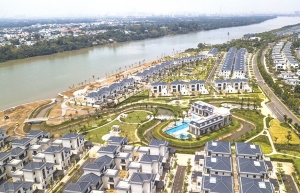 | Real estate sector still on back foot The Vietnamese government has been making vital decisions to eradicate difficulties in both policy and capital sources for the real estate market, but progress has been mixed thus far. |
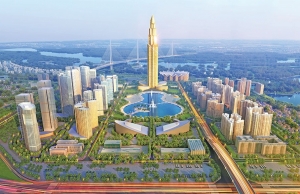 | Japanese investors catch the eye in real estate sector Many domestic real estate developers are expecting to cooperate with Japanese investors as strategic partners to receive capital and share the management capacity. |
What the stars mean:
★ Poor ★ ★ Promising ★★★ Good ★★★★ Very good ★★★★★ Exceptional
Related Contents
Latest News
More News
- Saigon Centre gains LEED platinum and gold certifications (February 12, 2026 | 16:37)
- Construction firms poised for growth on public investment and capital market support (February 11, 2026 | 11:38)
- Mitsubishi acquires Thuan An 1 residential development from PDR (February 09, 2026 | 08:00)
- Frasers Property and GELEX Infrastructure propose new joint venture (February 07, 2026 | 15:00)
- Sun Group led consortium selected as investor for new urban area (February 06, 2026 | 15:20)
- Vietnam breaks into Top 10 countries and regions for LEED outside the US (February 05, 2026 | 17:56)
- Fairmont opens first Vietnam property in Hanoi (February 04, 2026 | 16:09)
- Real estate investment trusts pivotal for long-term success (February 02, 2026 | 11:09)
- Dong Nai experiences shifting expectations and new industrial cycle (January 28, 2026 | 09:00)
- An Phat 5 Industrial Park targets ESG-driven investors in Hai Phong (January 26, 2026 | 08:30)

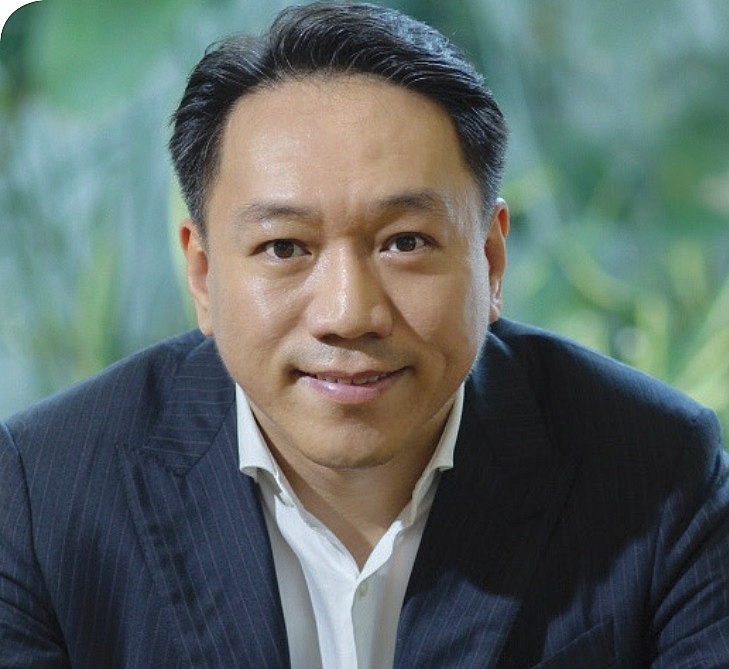
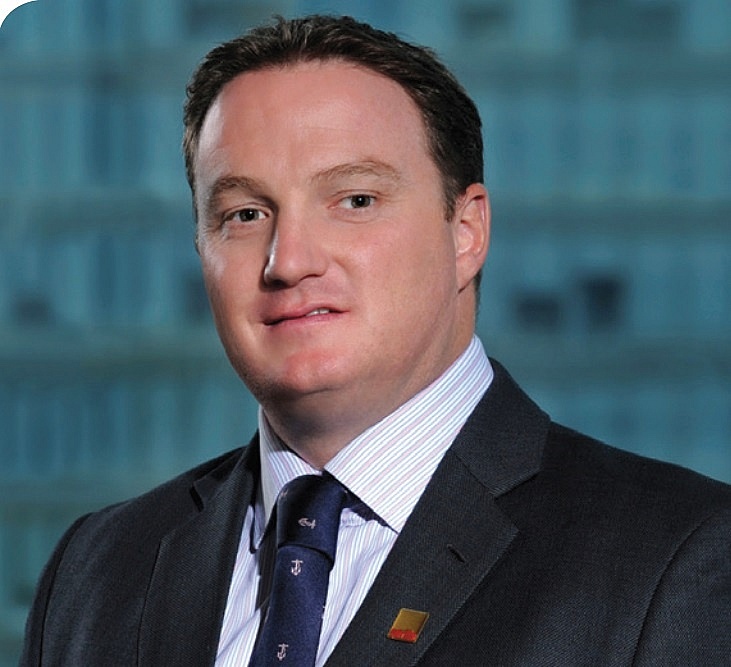
 Tag:
Tag:



















 Mobile Version
Mobile Version